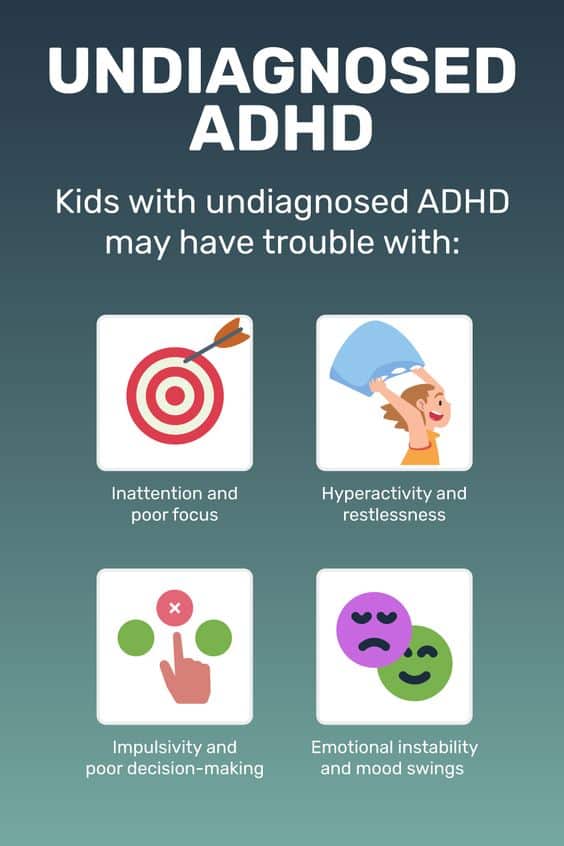Meet Charlie, a curious 9-year-old boy with ADHD. His parents, Sarah and David, understand that raising a child with ADHD has its unique challenges. Here’s a glimpse into their journey:
- Morning Chaos: Getting ready for school can be a whirlwind each morning. Due to impulsivity and distractibility, Charlie may need to remember his backpack or work hard to finish breakfast.
- Homework Battles: After school, homework time can test patience. Charlie often needs help to focus on his assignments and may become frustrated.
- Hyperactive Energy: Charlie’s boundless energy keeps him on the move. He frequently darts around the house, making sitting still during family meals or quiet activities tricky.
- Supportive Strategies: Sarah and David have learned to implement strategies like a structured routine, visual schedules, and frequent breaks to help Charlie manage his ADHD symptoms.
- Celebrating Wins: Despite the challenges, Charlie’s parents celebrate his accomplishments. They acknowledge his efforts in managing his ADHD and the unique qualities that make him special.
- The Silver Lining: Sarah and David know that raising Charlie, though demanding at times, has also brought joy and taught them valuable lessons about patience, understanding, and the importance of cherishing every moment.
Raising a child with ADHD can be demanding, but with love, support, and effective strategies, families like Charlie’s can navigate this journey successfully.














